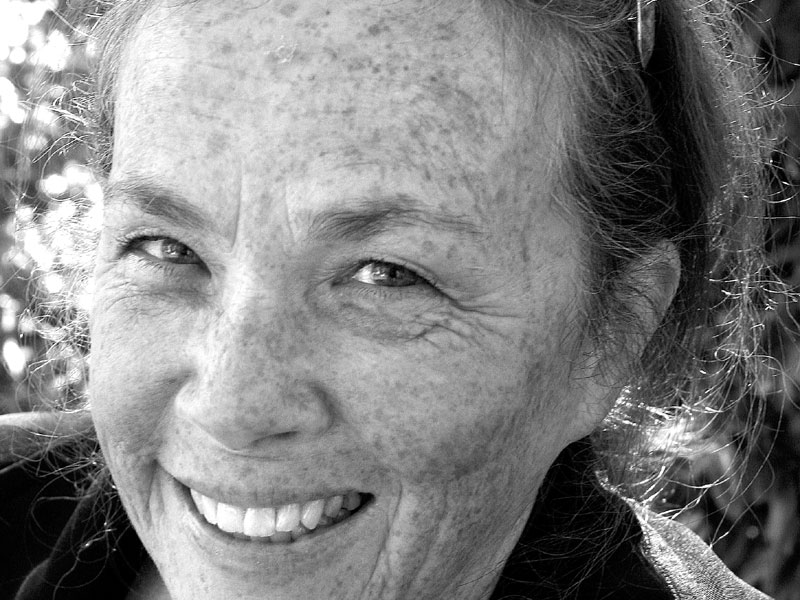Columnists
One hundred and fifty

So, this is the year Canada celebrates its one hundred and fiftieth birthday. In good conscience, I don’t think I will feel right celebrating Canada Day the way I have in the past. In the last decade or so, I’ve felt that Canada Day was a bit like thumbing our collective noses at the First Peoples. I don’t think I need to impart an in-depth history lesson to make my point. Most of you would be able to run rings around me as regards the history of the making of this melting pot we call Canada. My point is, and I do have one, the confederation of this country came about without much regard for the people who had been on this land for an incalculable period of time. Indeed, the documentation of the confederation of this country barely mentioned the native people and certainly didn’t include them in any of the programmes and policies that were established to “civilize” what explorers saw as a wild land.
In my three years as a student of Canadian Studies, if the required reading material mentioned the First Peoples, it was a very brief mention and hardly ever were they mentioned in a positive light. In those “readings,” it seemed to me the only place for First Peoples, in the development of the confederation and colonization of this land, was to keep them “out of the way”. Instead of respecting the givers of the knowledge of the lands, Europeans took advantage whenever an opportunity arose. The First Peoples, were here thousands of years before the arrival of European settlers. Like European cultures, their communities had distinct territories, customs, languages and character. At the time of the 17th and 18th century contact by Europeans, there was an estimated population of between 200,000 and 2 million native people here. Repeated outbreaks of European diseases and violent interactions reduced the First Peoples population by about fifty per cent in the span of about a century. Over years of European “discovery”, exploration, colonization and attempts to make First Peoples become more “civilized,” their culture, lifestyle, hunting grounds and language was assaulted, overtaken and exploited.
Ah, I’m just not feeling the fuzzy warmth. I felt it when LOML, my younger brother and I headed to Montreal to celebrate the centennial of confederation. With a borrowed vehicle, Expo 67 passports and about two hundred dollars, we drove east. What we knew then was all about the marketing of a world exposition and what an adventure it was going to be. What fun. There was a pavilion dedicated to the First Peoples but it was named “Indians of Canada”. The First Peoples were one of two social groups in Canada that had their own pavilion. The “Indian Pavilion” was not about technology worship and bravado. It was focused on the culture and how “Indians” had adapted to a world of predominantly European cultural groups. Granted, a nod was given to the the “Indians” who helped Europeans survive in a hostile new land. There was lots of native art on display and a vast number of “Photographs depicting the living conditions of Indians reflect the consequences of the sometimes difficult relationship they had with Europeans, and later, Canadians.”
In the words of Chief Dan George at the centennial celebration in British Columbia, “Oh Canada, how can I celebrate with you this Centenary, this hundred years? Shall I thank you for the reserves that are left to me of my beautiful forests? For the canned fish of my rivers? For the loss of my pride and authority, even among my own people? For the lack of my will to fight back? No! I must forget what’s past and gone.” He hoped for more, and better, in the next hundred years. Fifty years in and I wonder how he’d think we were doing.

Comments (0)